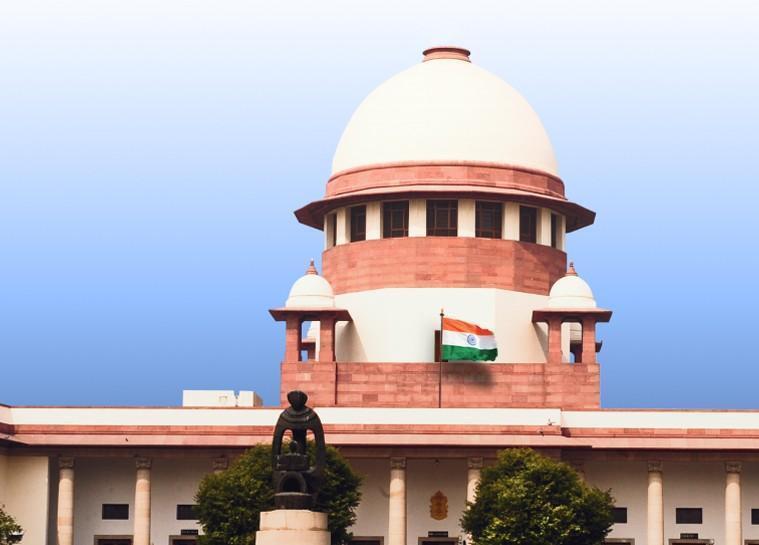
Kerala Moves Supreme Court to Oppose Waqf (Amendment) Act
The Kerala government has taken a bold step by moving a plea before the Supreme Court against the Waqf (Amendment) Act, 2025. The plea, filed by the state government, challenges the constitutional validity of several provisions of the amendment Act, which has been passed by the Union government.
According to the plea, many of the provisions of the amendment Act are highly unjust and doubt the constitutional validity of the Act. The Kerala government has argued that the implementation of the amendment Act would deny the fundamental rights of Muslims living in the state.
The Waqf (Amendment) Act, 2025, aims to revamp the Waqf Boards across the country, which manage and administer religious properties of Muslims. The amendment Act has been passed to increase the transparency and accountability of the Waqf Boards, as well as to empower the central government to take over the management of Waqf properties in certain situations.
However, the Kerala government has expressed concerns that the amendment Act would infringe upon the rights of Muslims in the state. The plea filed by the state government states that the amendment Act is “ultra vires” of the Constitution and is violative of the fundamental rights of Muslims, including the right to equality, freedom of religion, and the right to manage their religious affairs.
The Kerala government has also argued that the amendment Act would lead to the erosion of the autonomy of the Waqf Boards and would enable the central government to take over the management of Waqf properties without the consent of the local Waqf Boards. This, according to the state government, would be violative of the principles of federalism and would undermine the powers of the state governments in managing Waqf properties within their territories.
The Kerala government has also expressed concerns that the amendment Act would lead to the takeover of Waqf properties by the central government without providing adequate compensation to the Waqf Boards and the Muslim community. The state government has argued that this would be violative of the principles of just and fair compensation and would lead to the loss of valuable assets belonging to the Muslim community.
The Kerala government has also argued that the amendment Act would lead to the erosion of the cultural and religious identity of the Muslim community in the state. The state government has argued that the amendment Act would enable the central government to impose its own brand of Islam on the Muslim community in the state, which would be violative of the principles of freedom of religion and the right to practice one’s faith.
The Kerala government has sought an interim stay on the operation of the amendment Act until the court decides the petition. The state government has also sought permission to intervene in the case as a party and to file a detailed affidavit in support of its plea.
The Kerala government’s move to challenge the Waqf (Amendment) Act in the Supreme Court has been welcomed by many in the state, who have expressed concerns about the impact of the amendment Act on the Muslim community. The state government’s plea has also been seen as a bold step to protect the rights and interests of the Muslim community in the state.
The case is likely to be heard by a bench of the Supreme Court, which will decide the constitutional validity of the amendment Act and the plea filed by the Kerala government. The outcome of the case is likely to have far-reaching implications for the Waqf Boards across the country and for the Muslim community in the state.
In conclusion, the Kerala government’s move to challenge the Waqf (Amendment) Act in the Supreme Court is a significant development that highlights the concerns of the state government about the impact of the amendment Act on the Muslim community. The plea filed by the state government has raised important questions about the constitutional validity of the amendment Act and the rights and interests of the Muslim community in the state.
Source: https://theprint.in/india/kerala-seeks-to-intervene-in-waqf-case-moves-sc/2631034/






